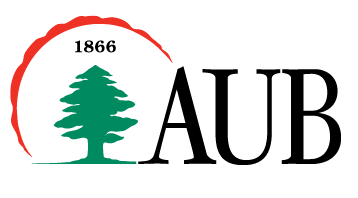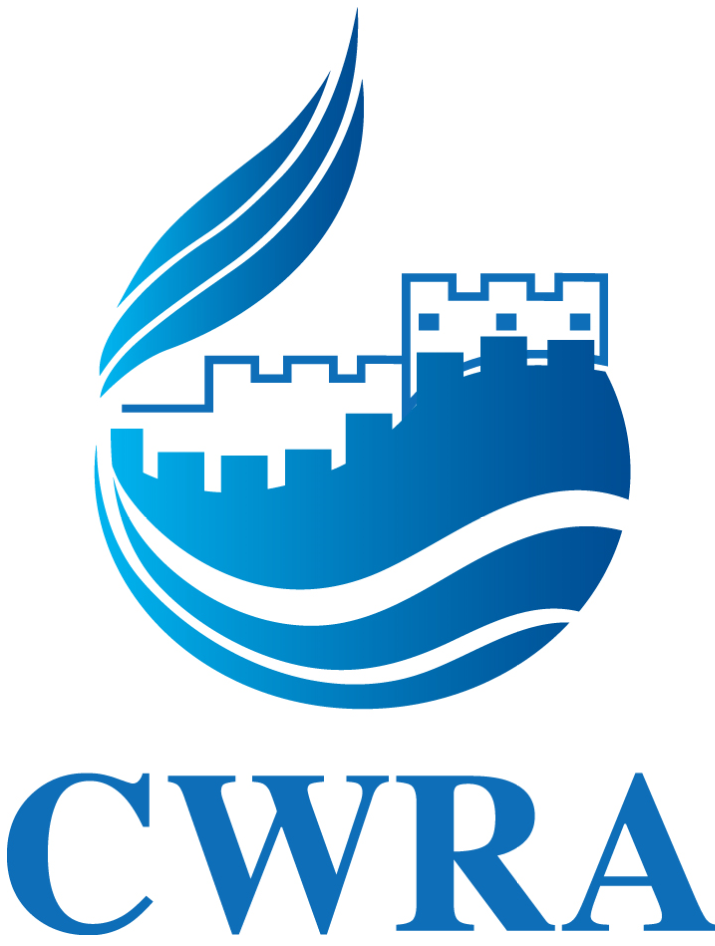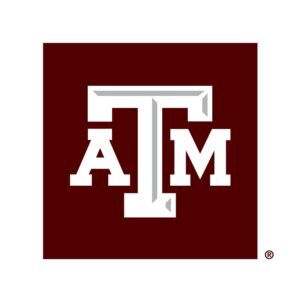Emerging Pollutants:
Protecting Water Quality for the Health
of People and the Environment
17-19 January 2023
Closed:
21 October 2022
The Online Conference will highlight the ways the world can advance knowledge, research, and solutions for managing emerging pollutants to improve and protect water quality in a changing world.
Call for Abstracts
Participants from all backgrounds (i.e., academics, water professionals, private sector practitioners and civil society stakeholders), who wish to present their work related to the theme and sub-themes at the conference, were invited to submit an abstract. Participants from developing countries, women, underrepresented groups, and youth representatives are especially encouraged to submit abstracts. Accepted abstracts will be invited either for an online oral presentation under the relevant sub-theme or a poster presentation. The conference will provide a special submission category for young water professionals.
The submission guidelines included:
- Abstracts should address one of the sub-themes of the conference through a scientific or policy relevant research, or a case-study, or a best practice.
- Abstracts should clearly describe the research objectives, methods, findings, and its policy relevance in a maximum of 400 words, in English (with no graphs, references, or citations)
- Authors must use the official template and provide information for all sections in the abstract submission template. Only word documents (.doc and .docx) will be accepted.
- When submitting your abstract, you will be required to select one of the five conference themes (see below) within which your abstract topic must fit
Conference Objectives are to:
• Explore the impacts of emerging pollutants on water resources, considering technical and policy solutions to mitigate and reduce human health and ecological risks, bearing in mind increasing demand on water resources, as well as impacts of global climatic and demographic changes.
• Identify the appropriate water policies and technologies needed to motivate change in water management, business, and policy priorities to address emerging pollutants.
• Highlight the bold policy and institutional change needed to support the transformation in water management and policy and across other sectors to ensure better and more reliable water quality to protect human health and ecosystems.
• Showcase successful efforts of innovative, nature-positive, and technological solutions for improved water quality and reduced water pollution.
• Examine the life cycle management of emerging pollutants to find solutions not only at end-of-pipe, but also solutions based on a circular economy approach and working with industry, regulators, and local communities, as well as engaging all relevant stakeholders (including under-represented groups).
Conference Theme
What are “Emerging Pollutants”?
UNESCO defines emerging pollutants in a broad sense as any synthetic or naturally-occurring chemical or any microorganism that is not commonly monitored or regulated in the environment with potentially known or suspected adverse ecological or human health effects. The OECD defines contaminants of emerging concern as a vast array of contaminants that: have only recently appeared in freshwater systems; are of recent concern because they have been detected at concentrations significantly higher than expected; or pose risks to human and environmental health that may not be fully understood. Examples include pharmaceuticals, industrial and household chemicals, personal care products, metals, surfactants, industrial additives and solvents, pesticides, and manufactured nanomaterials, as well as their transformation products. Many of these substances are used and released continuously into the environment even in very low quantities, and some may cause chronic toxicity, endocrine disruption in humans and aquatic wildlife, and the development of bacterial pathogen resistance.
Emerging pollutants in aquatic ecosystems
THEME 1
Emerging pollutants and groundwater
THEME 2
Emerging pollutants and managing wastewater and waste
THEME 3
A circular economy approach: Lifecycle management of emerging pollutants
THEME 4
“Priority” emerging pollutants in the hydrocycle: microplastics, nanomaterial, PFAs and PPCPs
THEME 5
Important Information
The International Scientific Committee of the conference will review the abstracts and select the best ones for online oral and poster presentation during the conference. Selection criteria include scientific and technical quality, relevance to the conference themes, and policy relevance.
- This online conference will have a special submission category for young water professionals.
- The International Scientific Committee will evaluate the abstracts and notify their acceptance by mid-November 2022.
- Important: At least one author of each selected paper must register and attend the online conference to present their work, if the abstract will be accepted for an oral or poster presentation.
- Registration and participation in the conference is free for all participants, thanks to the generous support of UNESCO-IHP.
- Multiple submissions will be limited to two abstracts for each participant as presenting author for both oral and poster presentations (no limitation as co-author).
- Authors selected for oral presentation will be asked to prepare and submit a short PowerPoint presentation at least two weeks prior to the conference.
- Authors selected for poster presentation will be asked to submit a high-quality image of their poster at least two weeks prior to the conference.
For any questions or queries, please contact us at online.conference@iwra.org




